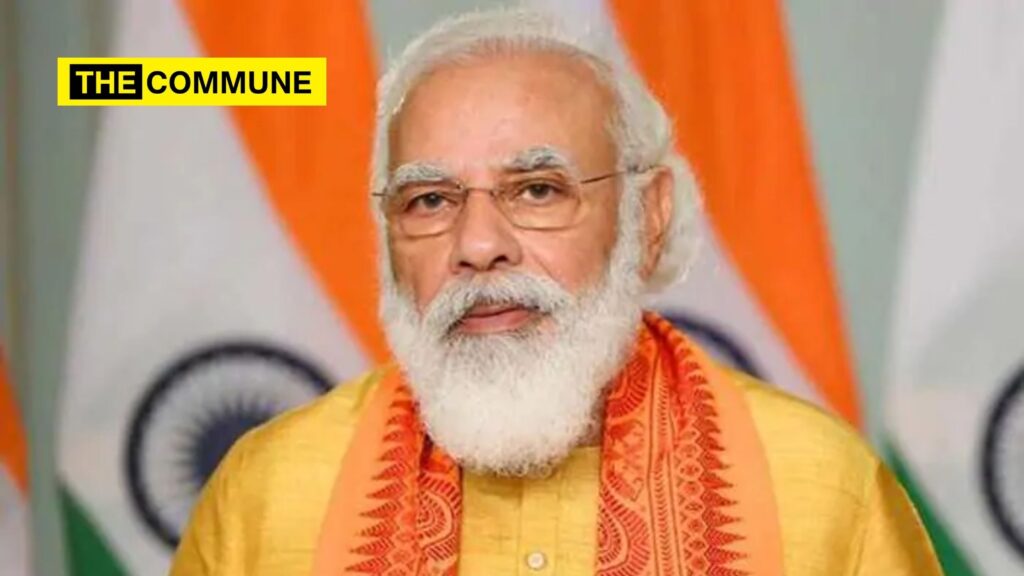A report released by the Office of Director of National Intelligence (ODNI) has said that under the leadership of Prime Minister Narendra Modi if there are any real or perceived Pakistani provocations by Pakistan, India is more likely than in the past to respond with military force.
The report was given to the US Congress on the annual threat assessment made by the US Intelligence Community and in that report, it reads, “expanded military posture by both India and China along the disputed border elevates the risk of armed confrontation between two nuclear powers that might involve direct threats to US persons and interests and calls for US intervention.”
“Crises between India and Pakistan are of particular concern because of the risk- however low – of an escalatory cycle between two nuclear-armed states,” it said.
“Pakistan has a long history of supporting anti-India militant groups; under the leadership of Prime Minister Narendra Modi, India is more likely than in the past to respond with military force to perceived or real Pakistani provocations, and each side’s perception of heightened tensions raises the risk of conflict, with violent unrest in Kashmir or a militant attack in India being potential flashpoints,” it said.
The ODNI has also assessed that the ongoing tension between New Delhi and Beijing will remain strained after the Galwan valley incident which is the first confrontation between the two nations since 1967.
“Previous standoffs have demonstrated that persistent low-level friction on the Line of Actual Control has the potential to escalate swiftly,” the report said.
The ODNI report also makes it very clear that Beijing sees increasingly competitive US-China relations as part of an epochal geopolitical shift. China views the American diplomatic, economic, and military measures against it as part of a broader US effort to thwart China’s rise and undermine Communist Party rule.
The report also states that China uses well coordinated, “whole-of-government tools to demonstrate strength and compel neighbours to acquiesce to Beijing’s preferences, including its territorial and maritime claims and assertions of sovereignty over Taiwan”, it said.
“Beijing will press Taiwan to move toward unification and will react to what it views as increased US-Taiwan engagement. We expect that friction will grow as China continues to increase military activity around the island, and Taiwan’s leaders resist Beijing’s pressure for progress toward unification,” it added.
China views Taiwan as its own territory under its uncompromising one-China policy and any conflict could seriously disrupt global supply chains for semiconductor chips as Taiwan dominates production, the report said.
The report also acknowledges that both China and India will play critical roles in determining the trajectory of temperature rise.
Click here to subscribe to The Commune on Telegram and get the best stories of the day delivered to you personally.

